Indigenous peoples, the environment and occupations
In Indigenous cultures, the state of the environment is highly valued as it is often regarded as interconnected with human health. Poor environmental conditions, as seen today, is negatively impacting occupational participation, which is participation in everyday activities, for indigenous peoples. Because of this, indigenous peoples are limited in what physical activities or sports they…
Indigenous youth and sport research
For indigenous youth, having access to sport programming centered in culture and community is important. A recent research study centered on indigenous youth and sport showed that they want to be involved in the research process and offer many unique and valuable perspectives. Sport researchers need to consider how they can engage communities in research…
Nature games: Traditional Indigenous games and environmental stewardship in Oceania
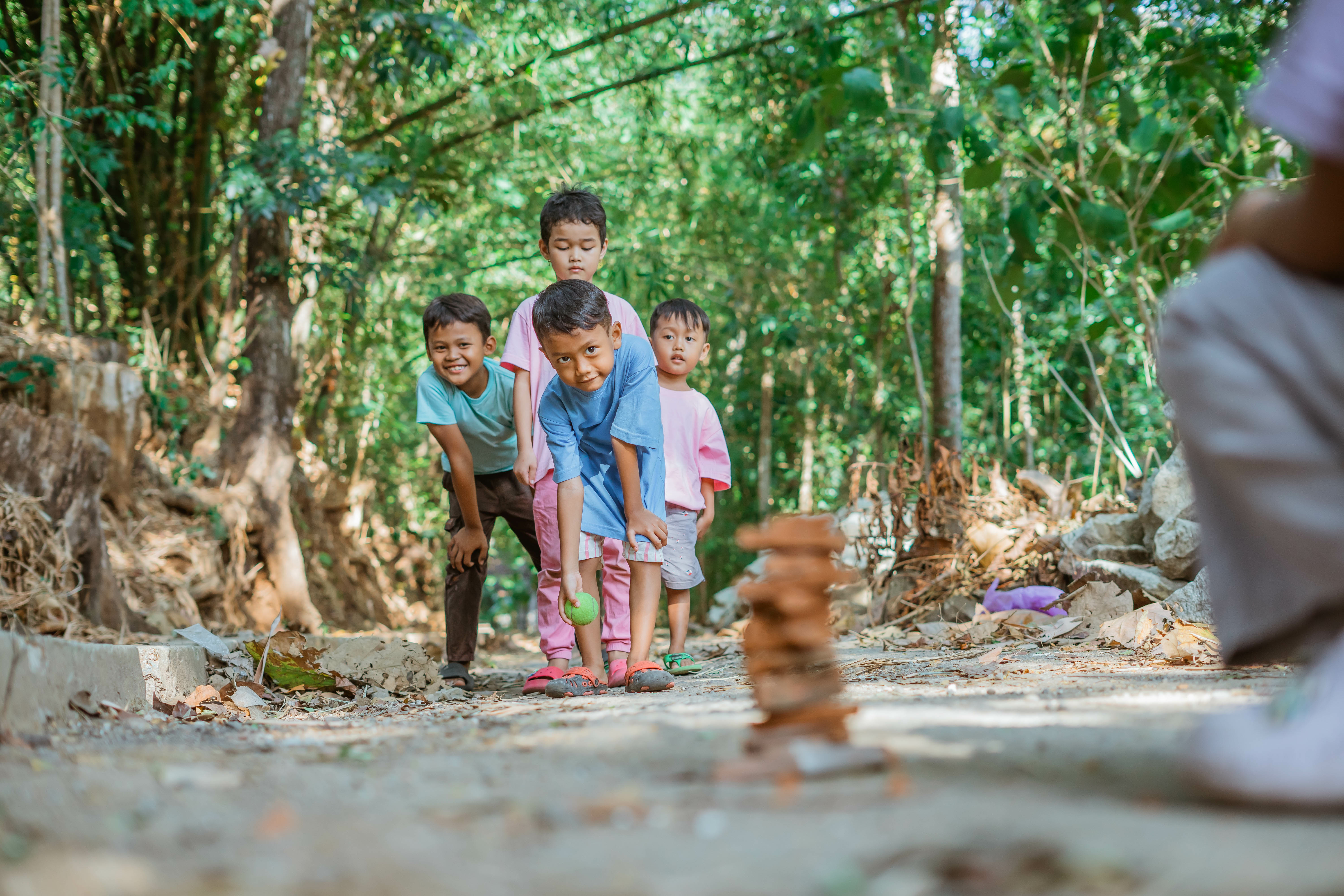
View the summary of this research here. This project aimed to understand the development of environmental stewardship through gameplay in Indigenous societies. The South Pacific has many similarities to Canada in terms of Indigenous-settler relations, colonial histories and a resurgence in reconciliation efforts, and climate action. Indigenous traditional games, played in nature, with natural implements,…
A better way to do sport? Exploring the Indigenous Engagement Program’s* impact on cultural awareness and safety, Indigenous cultural inclusion, and reciprocity among U SPORTS teams
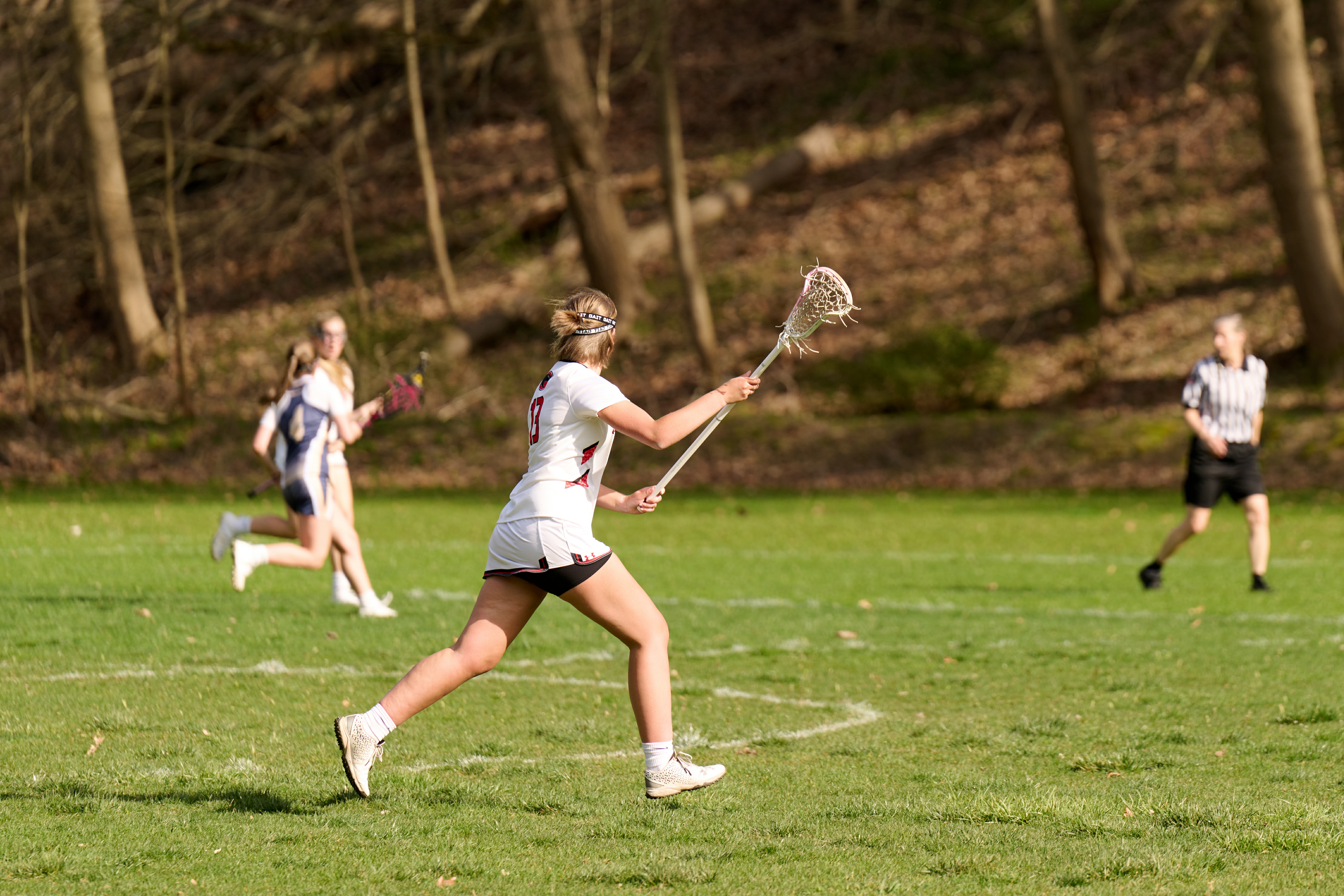
*Note that the Indigenous Engagement Program was previously called the Front Runner Project, but we are no longer using the latter name. Introduction and Context Equity, diversity, and inclusion efforts are becoming commonplace among sport organizations. It is not uncommon, however, for efforts to be superficial and short-term. This project aimed to examine the learning…
50 years of Indigenous sport in Canada: An overview of 2 key advancements and challenges
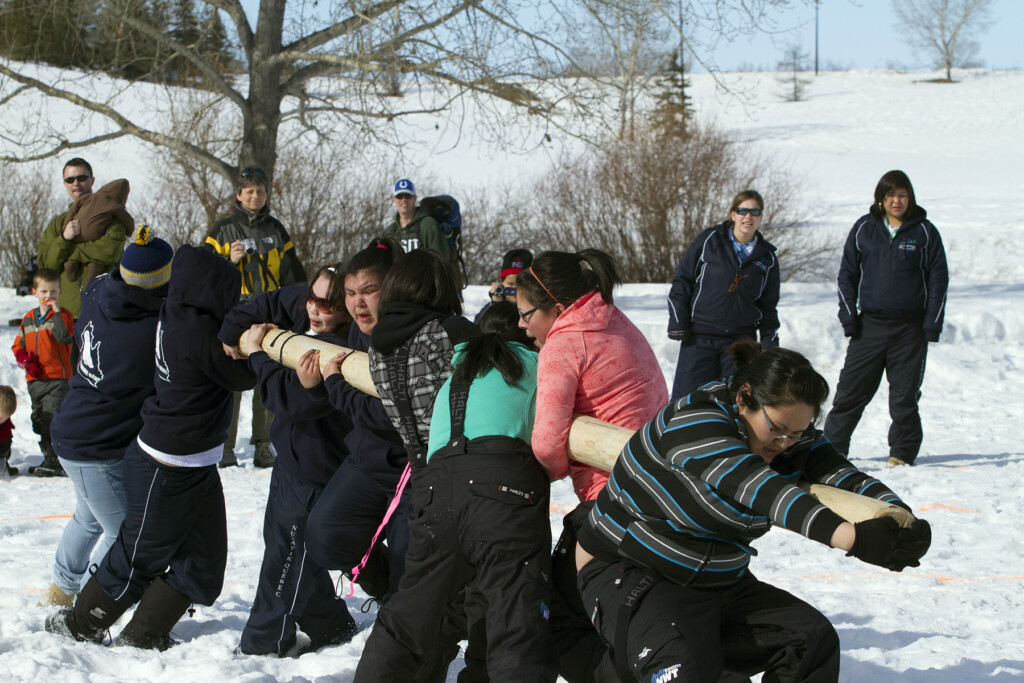
‘Girls’ Pole Push Competition at the Dene Games Competitions’, Arctic Winter Games 2010, Grande Prairie Alberta, March 2010 (Photo: Michael Heine) Imagine what sport in Canada might look like had Indigenous peoples and their cultures not been colonized? Imagine how Canadians might understand who they are and their relationship to each other if Indigenous sports…
Anything is Possible: Using Ringette to Support Physical Literacy in the North
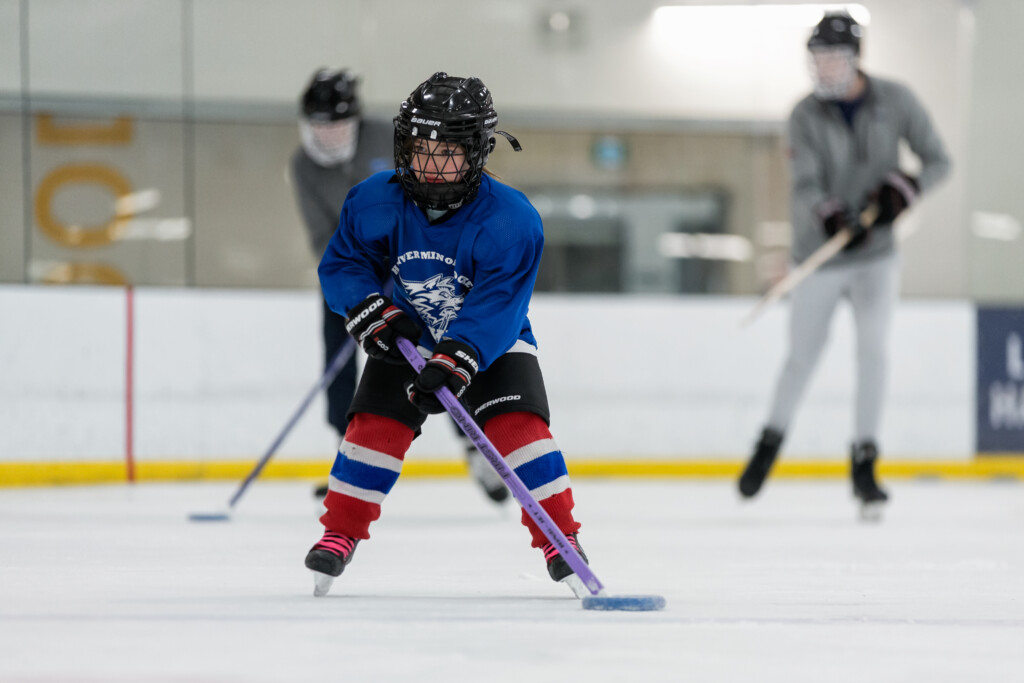
Sport is a vital opportunity for communities in the Northwest Territories (NWT) to stay active and social, particularly during the winter months when daylight is limited and temperatures are frigid. Sport offers a reason for people to come together and keep moving. It was for these reasons, plus a desire to better serve Indigenous communities…
Nature Games: Traditional Indigenous Games and Environmental Stewardship in Oceania

Introduction and Context My project was about understanding the development of environmental stewardship through gameplay in Indigenous societies. The South Pacific has many similarities to Canada in terms of Indigenous-settler relations, colonial histories and a resurgence in reconciliation efforts, and an onus on climate action via grassroots engagement. Indigenous traditional games – played in nature, with…
Settler colonial sport venues: An Edmonton/Amiskwaciy history
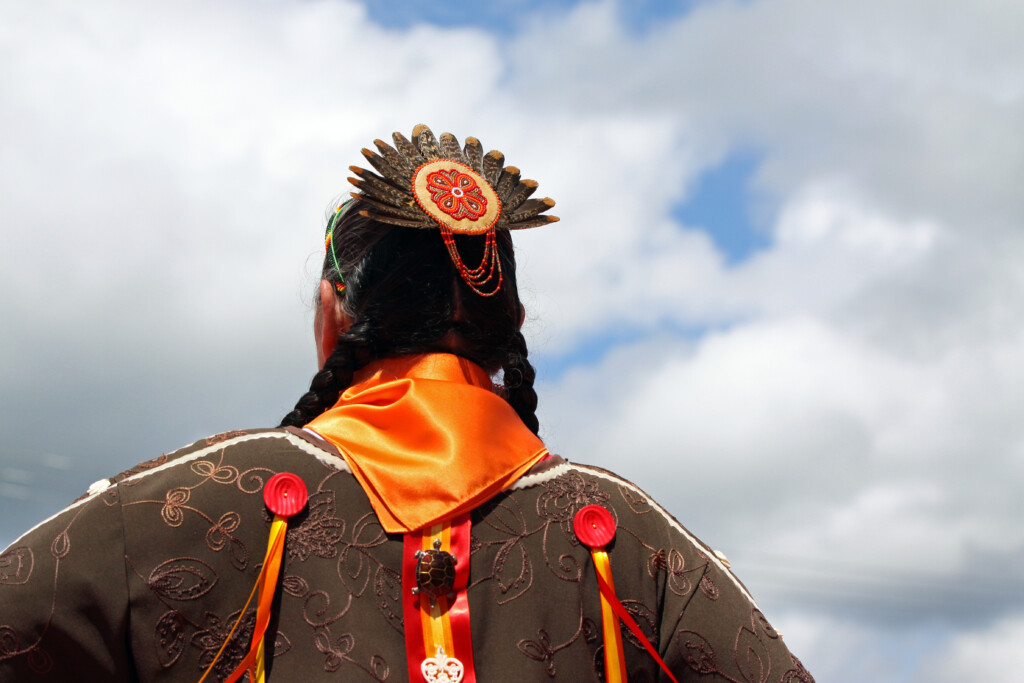
‘Settler Colonial Sport Venues’ explores the settler histories of sporting places, and the role settler athletic venues have played in colonization and carcerality. It aims to challenge the idea that building sports facilities is always positive, showing instead how these places have often contributed to the ongoing dispossession and erasure of Indigenous peoples. For this…
Today is the National Day for Truth and Reconciliation
“When my sister and I were competing for Canada, it felt like the whole Indigenous population was on our shoulders,” says Dr. Sharon Anne Firth, a residential school and Indian Day School survivor who went on to compete in 4 Olympic Games. Dr. Firth discusses the topic of mental health, her experience as an Indigenous…
Northern sport development
In Canada’s North, sport development opportunities for youth can be few and far between. Small population sizes, large distances between communities, and limited resources create barriers to sport programming. But partnerships between different sports offer a unique opportunity for youth to reap the benefits of participation in multiple sports. They can also increase participant pools…